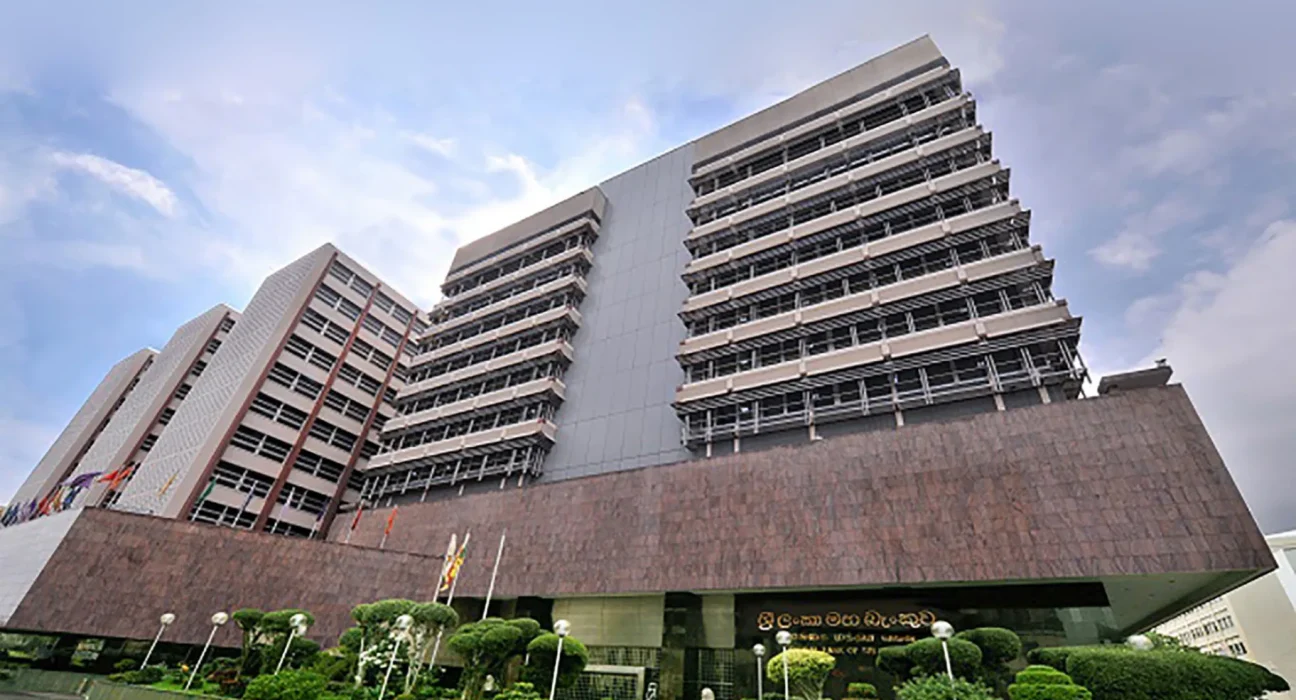A broader conflict in the Middle East could significantly impact Sri Lanka’s tea exports, petroleum imports, and remittance inflows, according to the Central Bank of Sri Lanka (CBSL).
The CBSL highlighted that the country has substantial trade exposure to the region, with nearly 46% of its tea exports directed to Middle Eastern markets. Additionally, tea and diamond exports to Israel comprise approximately 2% of Sri Lanka’s total exports, with diamonds accounting for 80% of that trade.
On the import side, the Middle East dominates Sri Lanka’s petroleum supply, with over 90% of crude oil and around 40% of refined petroleum products imported from the region in 2023. A wider conflict could disrupt this flow, inflate the import bill, and worsen the trade deficit.
Furthermore, the Central Bank noted that remittances, the largest source of foreign income for Sri Lanka, could also be affected, as 53.7% of remittances in 2023 originated from Middle Eastern countries. Any disruption in labour migration or remittance flows could hurt the Sri Lankan economy.
The CBSL also warned of potential disruptions to global shipping routes, which could further hamper the country’s exports and supply chains. The global economic repercussions of such a conflict, including higher inflation, tighter monetary conditions, and slower tourism growth, would likely affect Sri Lanka as well.
The tea and diamond polishing industries are expected to bear the brunt of the immediate impacts from the Israel-Gaza war, with more widespread effects if the conflict escalates across the Middle East.
